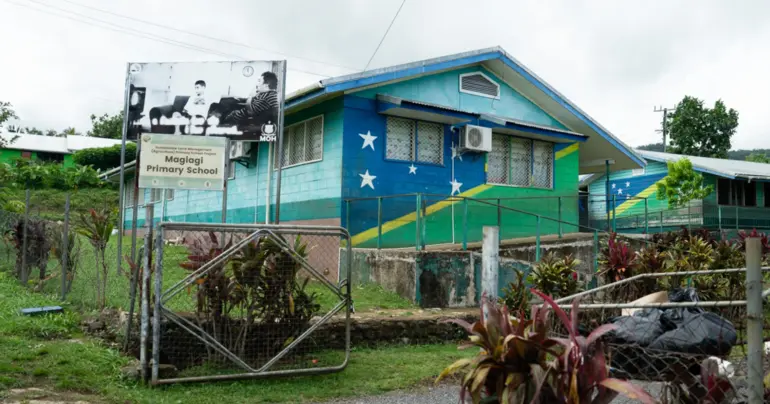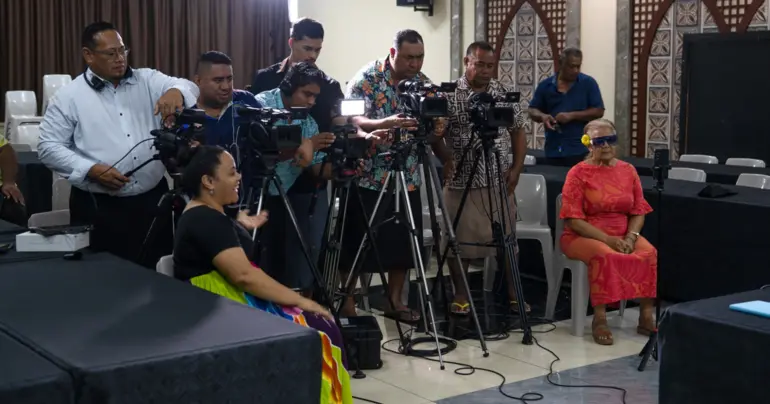Five years on and still no resident forensic pathologist
It is wonderful that the pathologist from Fiji has agreed to extend his stay to examine the skeletal remains discovered in Aleisa and also carry out DNA testing to determine the identity of the deceased.
Then again, it is not wonderful that we do not have an in-house forensic pathologist. That has been the case for almost five years now. A key position is needed for a fair judicial process and for evidence-based trials. The new budget is similar to the one that failed, and if that is the case, there is an allocation to hire a full-time pathologist. It was revealed that the Fijian pathologist who has been coming at the request of the Samoa Police has agreed to come on board. This did not eventuate when the budget failed.
We are all too familiar with instances of bodies piling up in the morgue for months and families unable to afford their loved ones their final rites because these bodies require an autopsy. This medical procedure cannot be undertaken in Samoa instantly, as there is no resident pathologist to do the autopsy. This is a serious concern as the repercussions of this stretch just beyond getting autopsies done.
Pathology provides a wealth of information through the autopsy, or postmortem examination. Manner of death as well as mechanism of death can be deduced, and there is also an opportunity to collect trace evidence. In recent years, forensic pathology has become more and more important because the judicial and court systems are relying more and more on the evidence and the conclusions forensic pathologists come up with in criminal cases.
The first question that comes to mind is how the charges are laid on suspects without the medical authority confirming the cause of death or providing medical results. The legal opinion on this varies, but in most jurisdictions around the world, charges are not laid without expert opinion on the cause of death. There is also this notion that because a pathologist is not present, the expert evidence is then collected at a later date. This means that the matter cannot proceed to trial at a faster pace than it should.
Then, justice is being delayed. Justice delayed is justice denied is a legal maxim that means that justice is not effective if it is not delivered promptly. This phrase is often used to describe the situation where someone is accused of a crime, but is not given a trial or is given a trial but is not found guilty until a long time after the crime was committed.
This can be unfair to the person who is accused because they may have to wait for a long time to find out if they are going to be punished or not. The family members of those allegedly murdered or who have died under suspicious circumstances are also put under a lot of stress as they are unable to bury their loved ones and receive closure.
The government can help by offering scholarships for this particular course. We should be able to send students abroad if the studies are not offered locally. At the end of the day, Samoa needs someone on board as soon as possible.
Forensic pathologists play a vital role in the justice system in matters concerning questions of death. Forensic pathology has been considered a speciality in medicine. Although often not recognised, forensic pathology is a growing speciality.
Recent decades have brought a plethora of technological advances, popularised criminal cases, and even mainstream media programs that have pushed this speciality into the eyes of the public, boosting this profession's esteem. The role of a forensic pathologist in today’s society has become one of great importance.
Let us hope that when the budget is approved, so are the funds to hire one.











